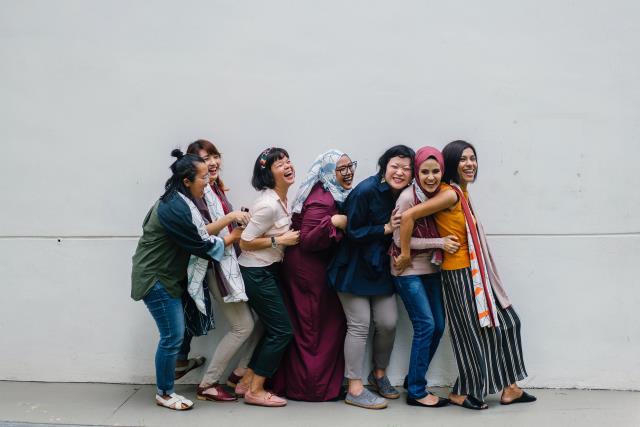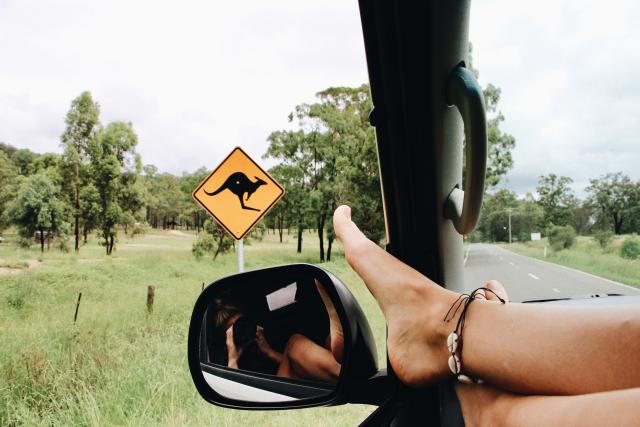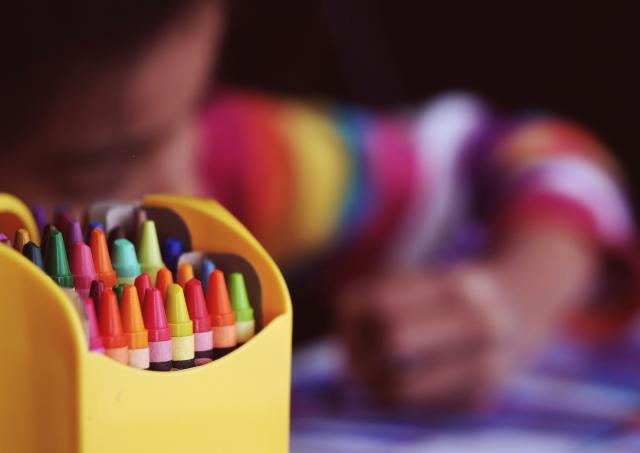More First Nations women and women from migrant and refugee backgrounds will be able to get into the workforce and establish their own small business in Victoria, following a funding commitment from the state government.
Women’s minister Natalie Hutchins on Thursday announced $850,000 will be invested to extend support programs at five organisations that help women overcome barriers to economic security.
“We’re backing the outstanding work of these organisations – helping more women from diverse backgrounds overcome barriers to economic security,” Ms Hutchins said.
“Our funding boost for these organisations will provide support and mentoring to hundreds of women to build confidence and the skills they need to pursue employment and establish a small business across the state.”
The funding will provide support and mentoring to hundreds of women to build confidence and the skills they need to pursue employment and establish a small business.
The organisations to receive the funding include Migrant Women in Business – which will be able to provide more migrant women with one-on-one business advice, coaching, mentorship, a support network, and the ability to connect with business opportunities.
SisterWorks will be able to support an extra 50 migrant and refugee women to establish small businesses and increase employment outcomes, through its Social Enterprise Employment Program.
AfriAUS iLEAC runs a range of support programs for multicultural communities across the state and will use the funding to support an additional 20 women to establish small businesses, by connecting early-stage women entrepreneurs with educators, capital, small business brokers and community mentors.
Ngarrimili will extend its Empowering First Nations Women in Business Program to 40 First Nations women, including those who have experienced family violence, are living with a disability or are in out of home care, as well as focusing on mothers and caregivers.
Women’s Information and Referral Exchange will also be able to build the financial capability of an extra 300 migrant and refugee women through a peer-led financial education program.







